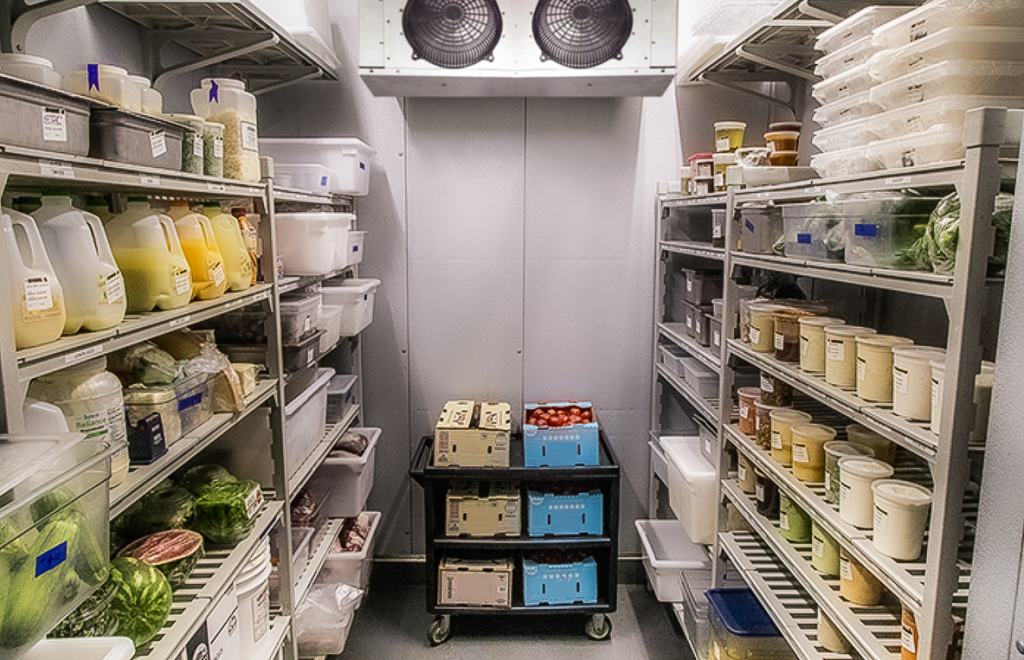
If you use a walk-in commercial refrigerator in your business, then keeping it clean and hygienic is a must. Having mold growth where you are storing food can not only interfere with the safety of the food items stored in that space but also damage the unit itself, leading to expensive repairs. Unfortunately, this space’s humidity makes it easy for mold to develop and grow. Here are a few tips you can use to prevent this from happening.
Set the Right Temperature
Maintaining a temperature between 32-45 degrees Fahrenheit in your commercial refrigeration system will ensure mold spores cannot grow. Check the thermostat to ensure this temperature is sustained. Ensure your staff does not leave the door open for too long, allowing warmer air to enter and destabilize the environment. Also, set the condensation at the lowest level. Condensation creates moisture that supports mold growth. You want to avoid a situation where humidity rises above 70% to prevent this mold growth.
Regular Inspection
An essential step to keeping your commercial refrigerator from developing mold is to keep it in optimal condition. This means ensuring that all critical components are regularly inspected, cleaned, and maintained. This includes parts like the evaporator, fan, and condenser coil. Doing this will ensure that air is circulating well and will make it easy to spot water leaks that can promote mold growth.
Ensure the Space is Dry
Mold requires moisture to grow. So besides ensuring the main components are in good working order with air circulating well to regulate humidity, you should endeavor to keep surfaces dry. A regular cleaning schedule can help to ensure no pools are forming. It should involve cleaning every part of the cooling unit so that someone has gone over the entire space to ensure no problems.
Also, have your staff trained to clean up immediately if they spill anything. Any standing water that is ignored will evaporate and cause dampness supporting mold growth. Try to clean and dry your fruits and vegetables before you place them in the refrigerator. Produce can be a good way for moisture and mold spores to get into the space unnoticed.
Keep Doors Closed
Leaving the door to your commercial refrigerator open for prolonged periods allows outside air to get in. This can make it difficult to regulate humidity and make your refrigerator more likely to suffer mold growth. When more outdoor air is allowed to penetrate, it can increase the risk that mold spores will infiltrate your refrigerator. To prevent this problem, ensure your staff knows to only go into the refrigerator when needed and retrieve or store items quickly to limit exposure.
If despite these best practices, you still keep finding mold in your commercial refrigerator, it is time to call in a professional technician to inspect, find the problem, and fix it. Do not wait further; the longer you delay, the more widespread this growth can become and the more complicated it will be to remedy. A qualified technician can thoroughly examine your refrigerator to identify the problem source and carry out sanitation to prevent this problem from recurring.

